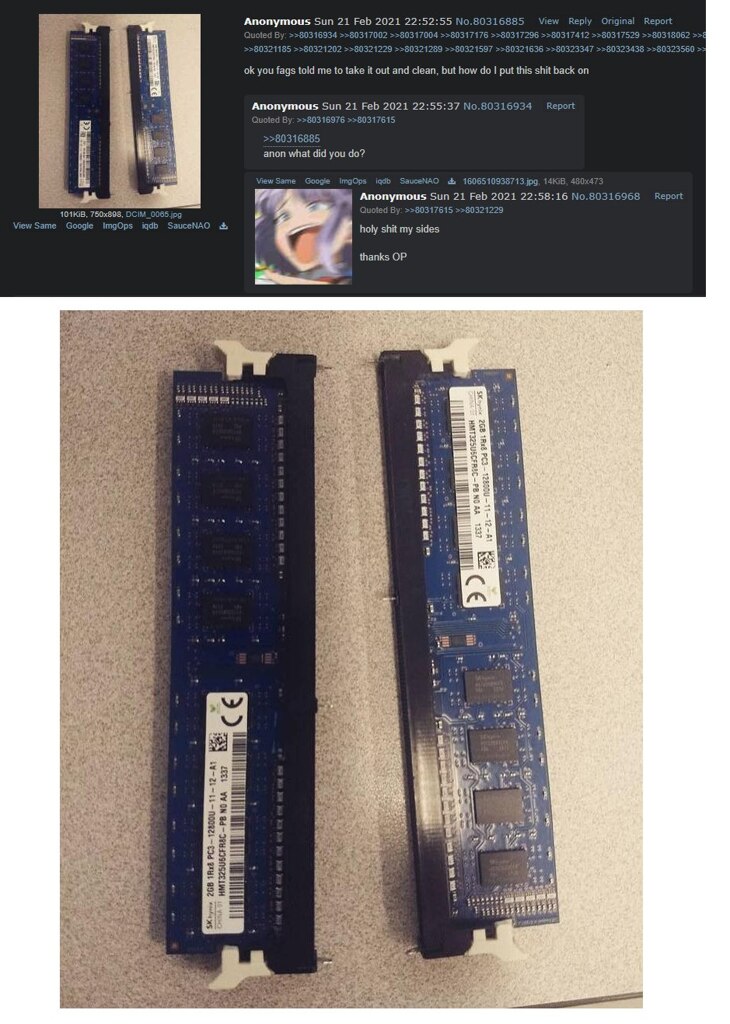In the past I used airsonic. It has the best support for different music files and good support for albums ripped as single track, like most classical releases.
The problem with airsonic and its protocol is the lack of good android clients.
If you need to listen through the phone for most of the time, go with jellyfin + finamp. Otherwise try airsonic + its web ui.
For music acquisition:
- torrent for the mainstream stuff
- niche trackers for niche stuff
- nicotine+/soulseek for everything
- bandcamp to support the artists

First of all ignore the trends. Fuck docker, fuck nixos, fuck terraform or whatever tech stack gets shilled constantly.
Find a tech stack that is easy FOR YOU and settle on that. I haven't changed technologies for 4 years now and feel like everything can fit in my head.
Second of all, look at the other people using commercial services and see how stressed they are. Google banned my account, youtube has ads all the time, the app for service X changed and it's unusable and so on.
Nothing comes for free in terms of time and mental baggage